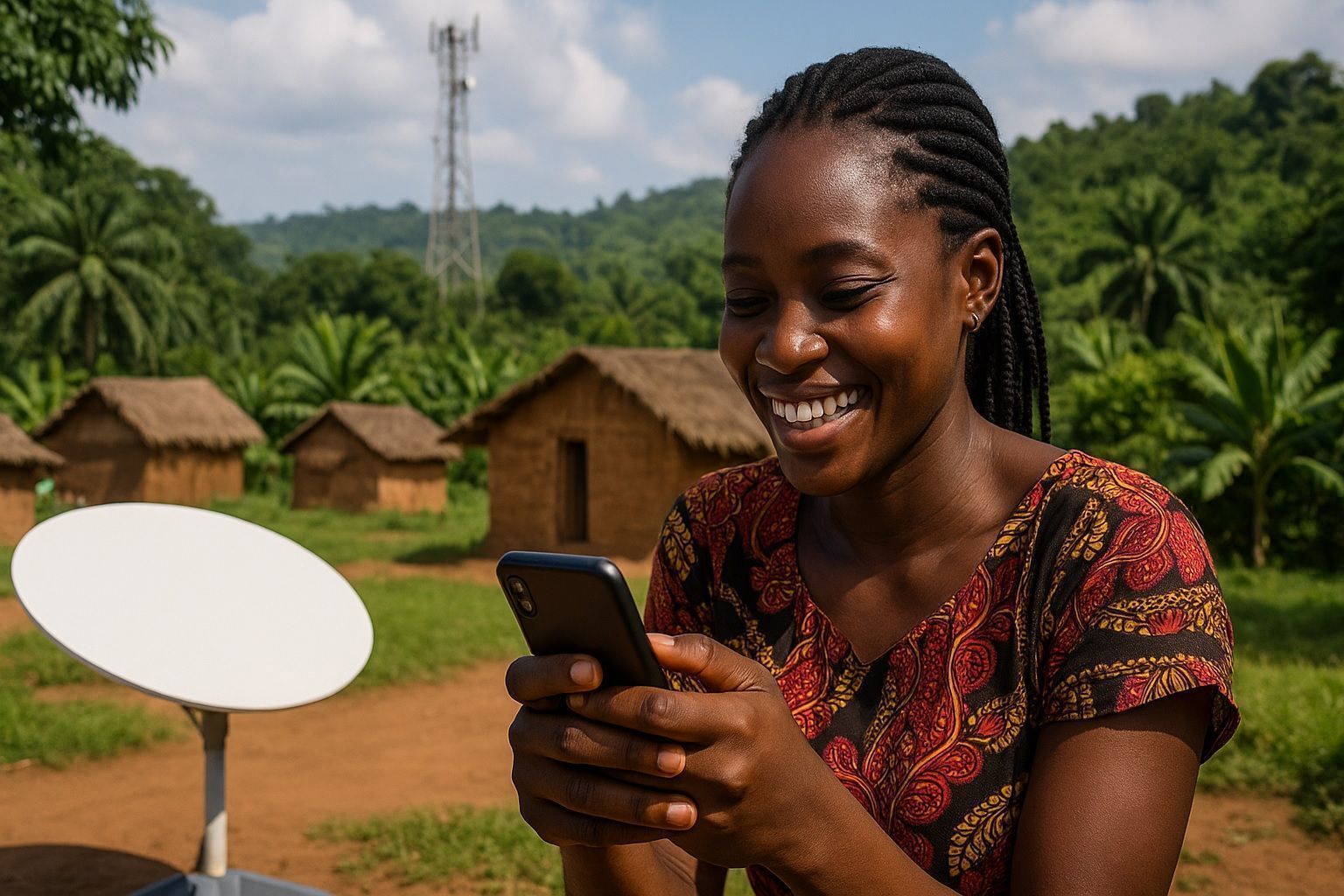Bill Gates pledges most of $200 Billion fortune to Africa
Bill Gates, one of the world’s richest men, says he plans to spend most of his $200 billion fortune in Africa over the next two decades. His focus? Strengthening health systems, expanding education, and helping unlock the continent’s potential through innovation.
“I’ve committed to giving away the vast majority of my wealth over the next 20 years,” Gates said during an address at the African Union headquarters in Ethiopia’s capital. “And most of it will be spent here, to help solve the most pressing challenges Africa faces.”

At 69, the Microsoft co-founder appears determined to shape a legacy beyond software. Gates said the goal is not charity, but partnership supporting efforts that help countries stand on their own feet.
“By unleashing human potential through health and education, every country in Africa should be on a path to prosperity,” he told a room packed with policymakers, health experts and young tech leaders.
Gates’ announcement comes at a time when international aid, particularly from the United States, has pulled back from long-standing programmes. Cuts to HIV/AIDS treatment under the “America First” approach of former President Donald Trump left healthcare systems in parts of Africa struggling to fill the gaps.
Mozambique’s former First Lady, , welcomed Gates’ renewed commitment. “It comes in a moment of crisis,” she said. “We are counting on Mr Gates’ steadfast commitment to continue walking this path of transformation alongside us.”
The Gates Foundation, which has worked in Africa for over two decades, says it will now sharpen its focus on three core areas: reducing maternal and child deaths, fighting infectious diseases, and lifting people out of poverty.
“What we’ve learned is that helping the mother be healthy and well-nourished before and during pregnancy delivers the strongest results,” Gates said. “Ensuring a child receives good nutrition in their first four years makes all the difference.”
While much of the speech focused on health, Gates also turned to technology. He urged African innovators to think creatively about how can be used to address local problems particularly in healthcare.
“You skipped traditional banking with mobile money. Now you have a chance to leap forward again, this time with AI in healthcare,” he said, pointing to Rwanda, where AI-enabled ultrasounds are already helping doctors identify high-risk pregnancies.
This vision builds on Africa’s growing reputation for digital innovation, especially in fintech. Gates believes similar breakthroughs are possible in medicine and education.
Gates reiterated that the one of the largest charitable organisations in the world will shut down by . By then, he said, nearly will have been given away.
“People will say many things about me when I die,” he wrote in a blog post last month. “But I am determined that ‘he died rich’ will not be one of them.”
Even so, some critics remain sceptical. Advocacy groups have long accused the Gates Foundation of wielding outsized influence in global health, and using its charitable status to avoid scrutiny and taxation.
Gates, for his part, said he was inspired by investor , a long-time friend and fellow philanthropist. Like Buffett, Gates believes the wealthy have a moral obligation to give.
In the eyes of many on the continent, that pledge could not come at a more critical time.
“This isn’t just about generosity,” said a Kenyan health official who attended the speech. “It’s about standing with Africa not just as a donor, but as a partner.”











